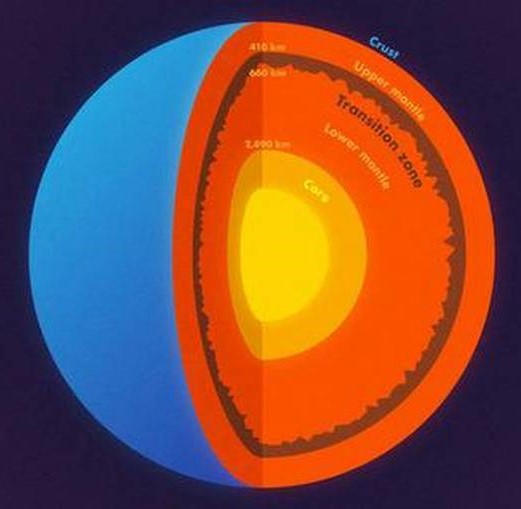7667766266
enquiry@shankarias.in
660 km Boundary

LADIS Portal
National Security Act
Appointment of Election Commissioner
Source: PIB, The Hindu